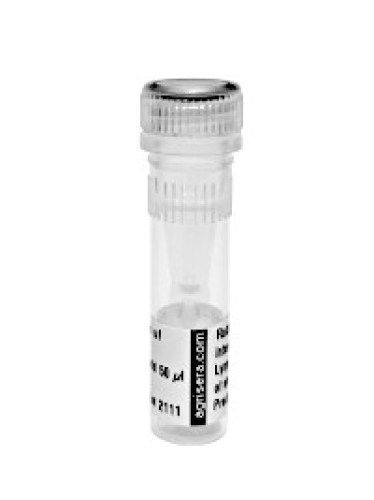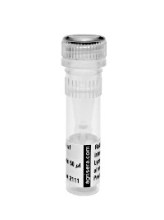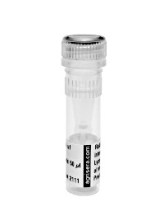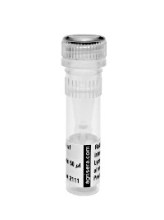
Anti-RAD23c | Ubiquitin receptor RAD23c
(Cat#: AS19 4271)


Description
- Immunogen: Full-length, His-tagged recombinant RAD23c of Arabidopsis thaliana protein sequence, UniProt:Q84L31-1, TAIR: At3g02540, overexpressed in E.coli
- Host: Rabbit
- Clonality: Polyclonal
- Purity: Serum
- Format: Lyophilized
- Quantity: 50 µl
- Reconstitution: For reconstitution add 50 µl, of sterile water
- Storage: Store lyophilized/reconstituted at -20°C (short tem, months) or at -80°C (long term, years) ; once reconstituted make aliquots to avoid repeated freeze-thaw cycles. Please remember to spin the tubes briefly prior to opening them to avoid any losses that might occur from material adhering to the cap or sides of the tube.
- Tested applications: Western blot (WB)
- Recommended dilutions: 1 : 3000 (WB)
- Expected | apparent MW: 44.2 | ca. 61 kDa
- Confirmed reactivity: Arabidopsis thaliana
- Not reactive in: No confirmed exceptions from predicted reactivity are currently known
- RAD23c (Ubiquitin receptor RAD23c) binds and presumably selects ubiquitin-conjugates for destruction. Prefers multiubiquitin chains rather than single ubiquitins, with a binding affinity for 'Lys-48'-linked ubiquitin chains. Acts as a ubiquitin receptor that associates with the 26S proteasomal docking subunit RPN10 for the indirect recognition of ubiquitinated substrates of ubiquitin/26S proteasome-mediated proteolysis (UPP). RAD23 proteins play an essential role in the cell cycle, morphology, and fertility of plants through their delivery of UPS (ubiquitin/26S proteasome system) substrates to the 26S proteasome.Alternative names: AtRAD23c, Putative DNA repair protein RAD23-3, RAD23-like protein 3, AtRAD23-3.
- Farmer et al. (2010). The RAD23 family provides an essential connection between the 26S proteasome and ubiquitylated proteins in Arabidopsis. Plant Cell. 2010 Jan;22(1):124-42. doi: 10.1105/tpc.109.072660.
- Antibodies recognize recombinant RAD23b and RAD23c proteins equally well but do not recognize DSK2a/b orDDI1 based on immunoblot analyses of corresponding mutants. Farmer et al. (2010).
Boca Scientific is your premiere source for high-quality, innovative solutions for Cell Biology, Molecular Biology, Immunology, genetics and other lab products and reagents. We bring leading-edge products from our own-line and around the world to laboratories in the US and Canada. Our goal is to offer excellent solutions to drive research and discoveries backed by superior customer support.

